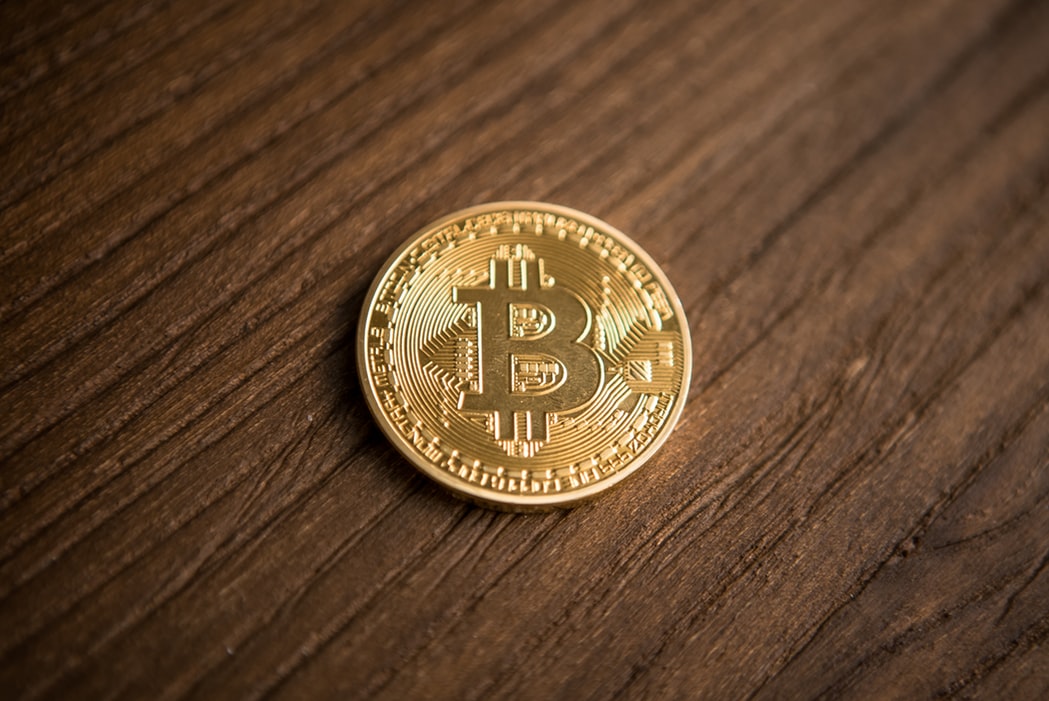Peter Schiff Criticizes Bitcoin’s Decline as Gold Surges
02.09.2024 9:30 1 min. read Alexander Stefanov
Gold bug and prominent Bitcoin skeptic Peter Schiff recently criticized the cryptocurrency’s performance, pointing out that Bitcoin's gains for the year were largely concentrated in the first two months.
Since late February, Bitcoin has experienced a decline of over 8%, while gold has seen a notable increase of around 23% during the same timeframe.
Schiff remarked that the momentum has clearly shifted away from Bitcoin.
Even though Bitcoin managed to bounce back after its steep drop in early August, it still closed the month with a loss of 8.74%, a setback for bullish investors.
Historically, September has often been a challenging month for Bitcoin, with positive returns being rare. For instance, in 2019, Bitcoin lost 13.91% in September, and in 2014, it dropped by 19.31%.
However, the landscape might change this month as the U.S. Federal Reserve is expected to cut interest rates, potentially influencing Bitcoin’s trajectory.
In addition, Bitcoin ETFs, which had earlier renewed investor interest and contributed to a price peak in March, have recently struggled. Last week, Bitcoin ETFs experienced outflows totaling $277 million, and even BlackRock’s highly successful IBIT ETF faced its second-ever outflow day.
-
1
Bitcoin: What to Expect After Hitting a New All-time High
10.07.2025 14:00 2 min. read -
2
Peter Brandt Issues Cautious Bitcoin Warning Despite Bullish Positioning
10.07.2025 20:00 2 min. read -
3
Standard Chartered Becomes First Global Bank to Launch Bitcoin and Ethereum Spot Trading
15.07.2025 11:00 1 min. read -
4
Vanguard Now Owns 8% of Michael Saylor’s Strategy, Despite Calling BTC ‘Worthless’
15.07.2025 17:09 2 min. read -
5
Bitcoin Reaches New All-Time High Above $116,000
11.07.2025 7:56 1 min. read
Ethereum Flashes Golden Cross Against Bitcoin: Will History Repeat?
Ethereum (ETH) has just triggered a golden cross against Bitcoin (BTC)—a technical pattern that has historically preceded massive altcoin rallies.
Bitcoin Banana Chart Gains Traction as Peter Brandt Revisits Parabolic Trend
Veteran trader Peter Brandt has reignited discussion around Bitcoin’s long-term parabolic trajectory by sharing an updated version of what he now calls the “Bitcoin Banana.”
Global Money Flow Rising: Bitcoin Price Mirrors Every Move
Bitcoin is once again mirroring global liquidity trends—and that could have major implications in the days ahead.
What is The Market Mood Right Now? A Look at Crypto Sentiment And Signals
The crypto market is showing signs of cautious optimism. While prices remain elevated, sentiment indicators and trading activity suggest investors are stepping back to reassess risks rather than diving in further.
-
1
Bitcoin: What to Expect After Hitting a New All-time High
10.07.2025 14:00 2 min. read -
2
Peter Brandt Issues Cautious Bitcoin Warning Despite Bullish Positioning
10.07.2025 20:00 2 min. read -
3
Standard Chartered Becomes First Global Bank to Launch Bitcoin and Ethereum Spot Trading
15.07.2025 11:00 1 min. read -
4
Vanguard Now Owns 8% of Michael Saylor’s Strategy, Despite Calling BTC ‘Worthless’
15.07.2025 17:09 2 min. read -
5
Bitcoin Reaches New All-Time High Above $116,000
11.07.2025 7:56 1 min. read


